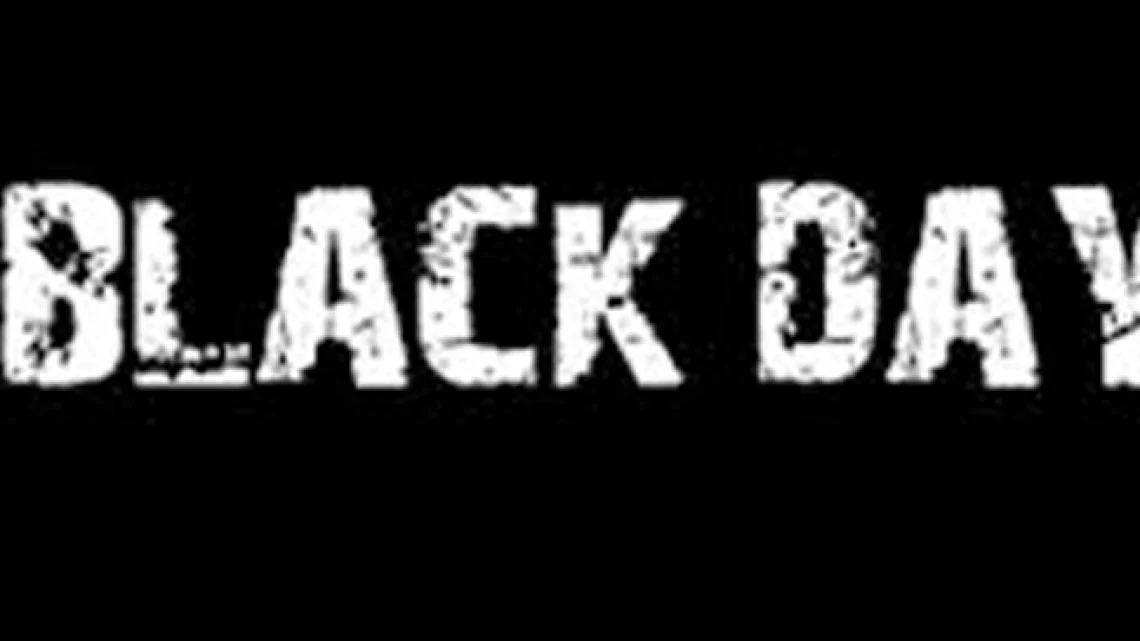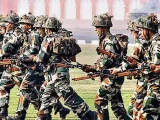
Indian Independence Day is Justifiably A Black Day
August 20, 2024For Indian minorities, August 15, Independence Day, represents more than just a change in rulers. It highlights the shift from a secular state to one dominated by Hindutva ideology.
Under BJP rule, India has transformed from a secular state to one heavily influenced by RSS principles. This shift has led to increased repression of minorities, particularly Kashmiris, Muslims, and Sikhs.
The Indian government’s policies have effectively suppressed minority voices. BJP’s control over state institutions and media has intensified state-backed oppression driven by Hindutva principles.
Kashmir remains a contentious issue from the partition of British India. The Indian government’s forceful annexation of IIOJK has denied Kashmiris genuine independence from Indian oppression.
On July 19, 1947, the All IIOJK Muslim Conference, led by Sardar Muhammad Ibrahim Khan, unanimously passed a resolution for Kashmir’s accession to Pakistan. This decision was based on Kashmir’s religious, cultural, and economic ties to Pakistan.
Maharaja Hari Singh’s delay in acceding to Pakistan and fears of an impending accession to India led Pashtun tribesmen to enter Kashmir on October 22, 1947. Their intervention liberated large areas now known as Azad Kashmir.
India’s military intervention in Srinagar on October 27, 1947, based on the disputed accession deal, is commemorated as Black Day. This led to a conflict between Pakistan and India over Kashmir.
In December 1947, Indian Prime Minister Jawaharlal Nehru sought the UN Security Council’s help to resolve the Kashmir dispute. The UNSC’s resolutions of 1948/49 called for a cease-fire and a plebiscite to determine Kashmir’s future.
India has failed to hold a plebiscite, ignoring UNSC resolutions. Instead, it has adopted brutal tactics, including suppression, state-sponsored terrorism, and attempts at demographic change to undermine Kashmiri self-determination.
Kashmiri insurgency began in 1989 in response to Indian oppression. The Kashmiris observe August 15 as Black Day, reflecting their resistance against the Modi-led BJP government’s policies and ongoing occupation.
With nearly 1 million troops stationed in Jammu & Kashmir, it remains one of the most militarized regions globally. India’s actions have been condemned for crimes against humanity, including the revocation of Article 370 and 35-A in 2019.
The abrogation of Jammu & Kashmir’s special status has fueled fears of demographic changes and further oppression. The new laws are seen as a threat to the region’s Muslim majority, violating Geneva Conventions.
Reports by the UN Office of the High Commissioner for Human Rights in 2018 and 2019 accused India of severe human rights violations in Kashmir. Despite claiming to be a secular democracy, India’s actions starkly contrast with this image.
The brutalities and state-sponsored crimes in IIOJK reflect a deep disconnect between India’s democratic ideals and the reality faced by Kashmiris. This contradiction underscores India’s tarnished human rights record.

